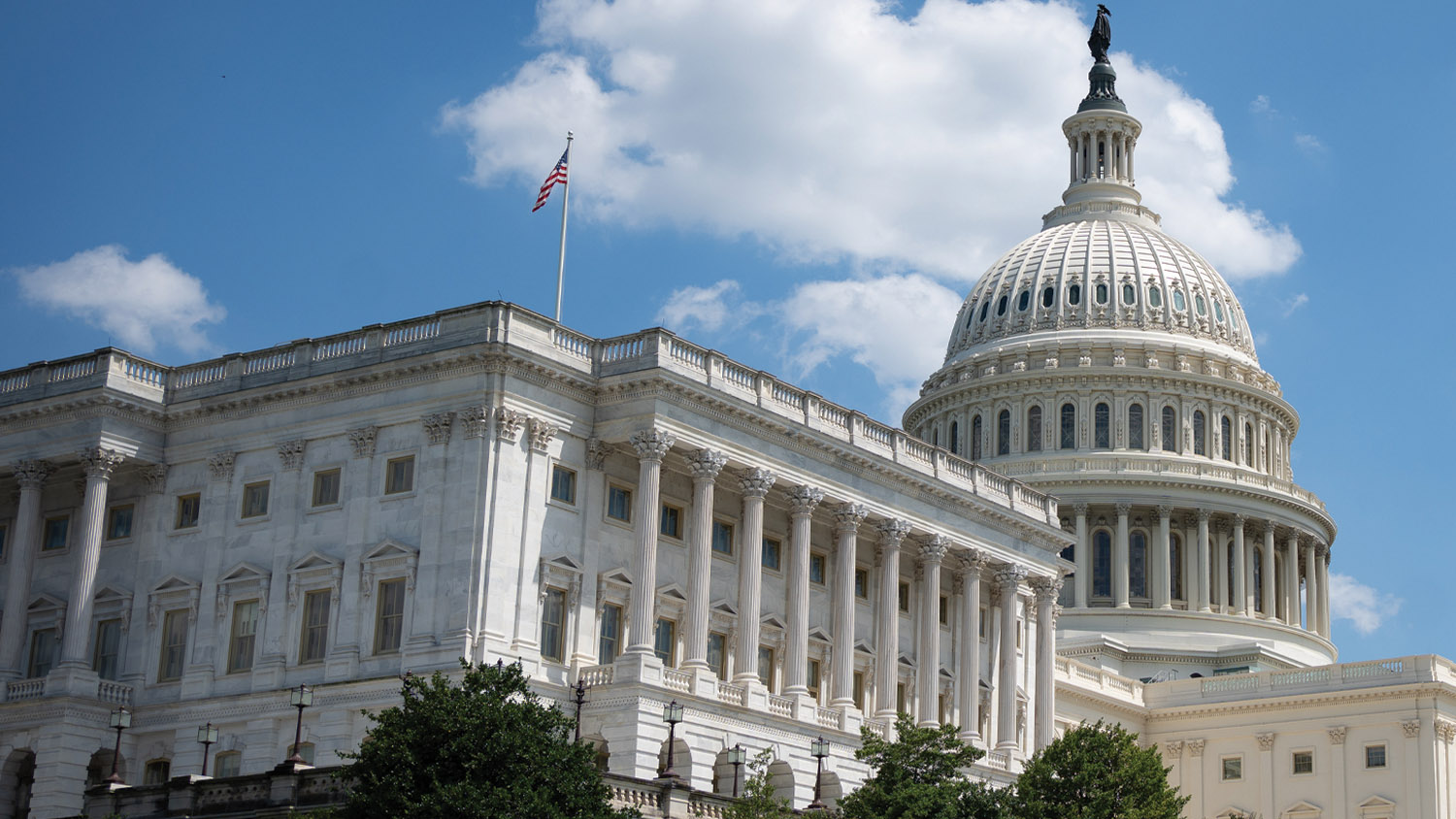ATU Legislative Report – ATU Political Action by the Numbers
The Infrastructure Investment and Jobs Act (IIJA), the federal surface transportation bill passed in 2021, was a huge win for ATU members. Now, as the U.S. Congress considers a new transportation bill, our Union is pushing for further changes to protect transit workers and their families.

232%
According to the Federal Transit Administration (FTA), assaults on transit workers increased by more than this amount between 2014 and 2024. Staggering as this number is, we know that the actual percentage is much higher. The ATU fought for language in the IIJA requiring transit systems to report each assault, defined as any type of “interference” with a transit worker performing their duties, to the FTA. Now, our employers can no longer cover up the transit worker assault crisis.
Six
The number of children that Thomas Dunn left behind. The 46-year-old Member of ATU Local 1593 drove a bus in Tampa, FL for HART. In 2019, while driving his bus, Thomas was stabbed by a deranged passenger. He died in the seat, but not before pulling over and saving the lives of other passengers. Just six months prior to the incident, Dunn spoke at a public hearing for better protections. Now, in the debate on the new federal surface transportation bill, the ATU is fighting for fully enclosed bus operator workstations in the memory of Thomas and all other brave ATU members who have been attacked and murdered on the job including Local 587-Seattle, WA Brother Shawn Yim, Local 732-Atlanta, GA Brother Leroy Ramos and Local 689-Washington, DC Brother Robert Cunningham.
Equal numbers
The ATU also secured language in the IIJA requiring labor-management safety committees with the same number of people on both sides. These committees are tasked with developing and signing off on public transportation agency safety plans. As equal partners on these committees, transit workers are now empowered to make a real difference on critical safety issues.
5%
The IIJA, which authorized more than $5 billion for Low or No Emission (Lo-No) Bus Competitive grants, included several workforce development provisions. As called for by the ATU, 5% of this funding must be used by transit systems to fund workforce development training. Since the inception of this new program, FTA has provided workforce development funding directly to transit agencies, estimated at $43 million in 2022, $49 million in 2023, and $41 million in 2024. This funding is critical for bus mechanics who now require new skills and knowledge. Mechanics and technicians also need to learn high-voltage safety procedures to protect employees from the new safety risks presented by battery electric and hydrogen fuel cell electric bus technology. The ATU is calling on Congress to increase the required training set aside from 5% to 10% in the next bill.
200,000
Under the IIJA and previous transportation bills, with few exceptions, transit systems in urbanized areas above 200,000 in population may only use their FTA funds for capital projects. Operating assistance is not an eligible expense. As a result, despite being flush with capital funds, some transit systems ironically do not have the resources to put their full fleets into revenue service. With a fiscal cliff approaching, the ATU is calling on Congress to provide transit systems (regardless of urbanized area size) the flexibility to use their FTA funds for operations so that we can avoid service cuts, fare increases and layoffs.